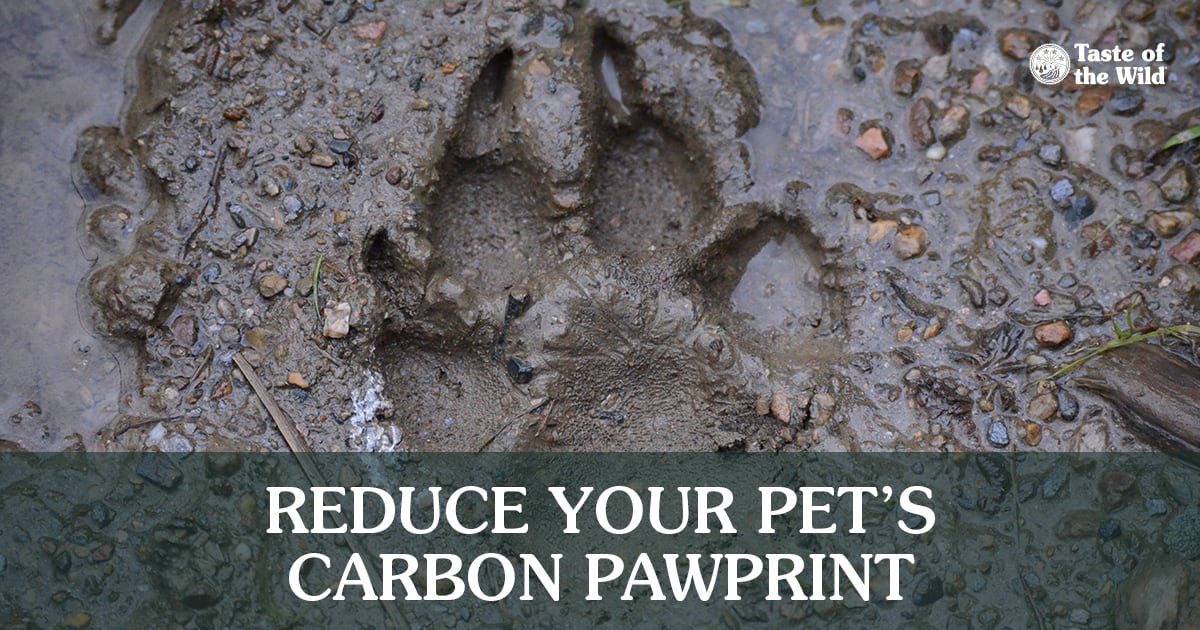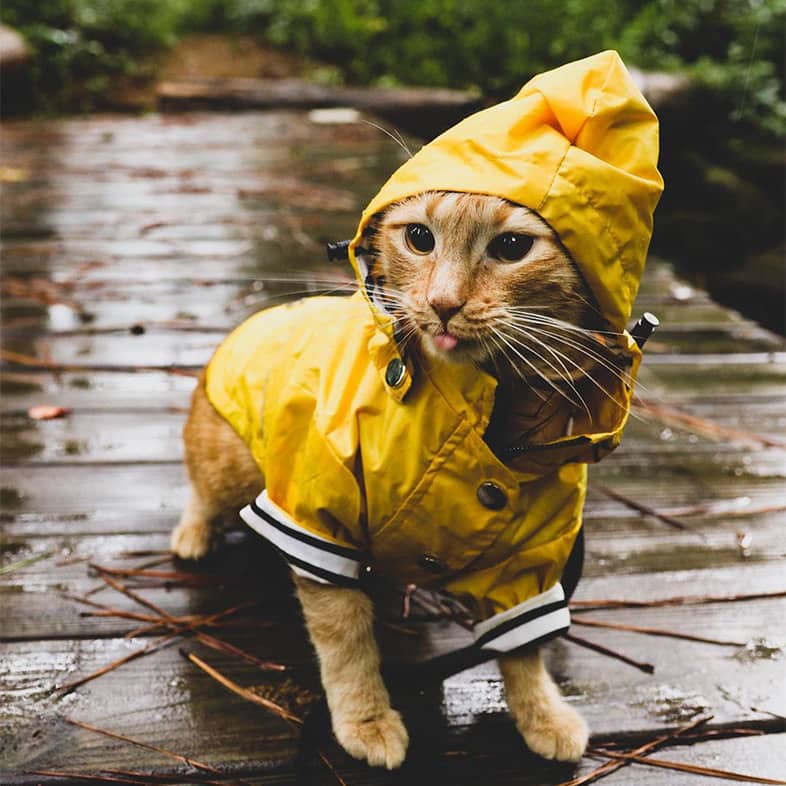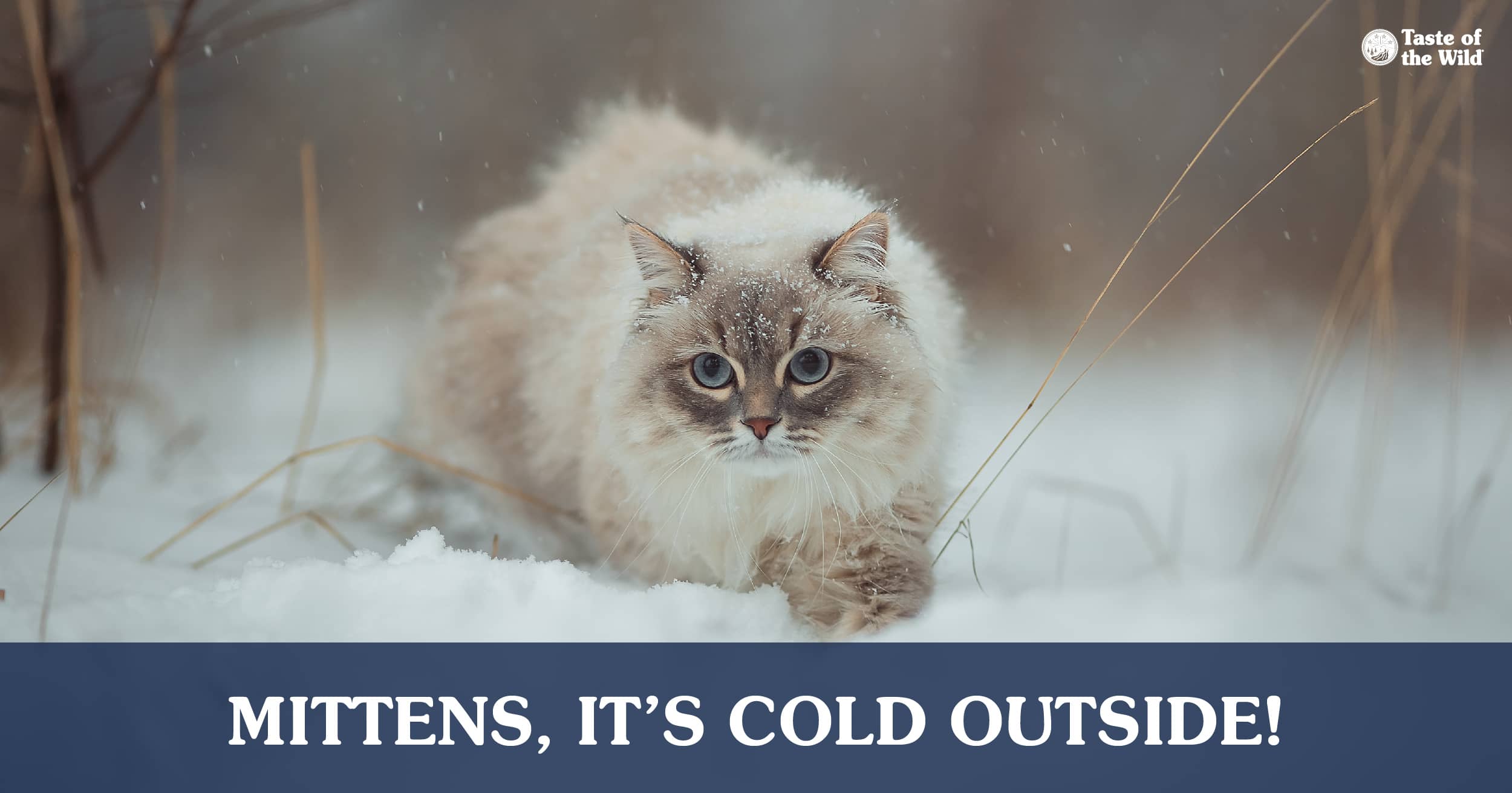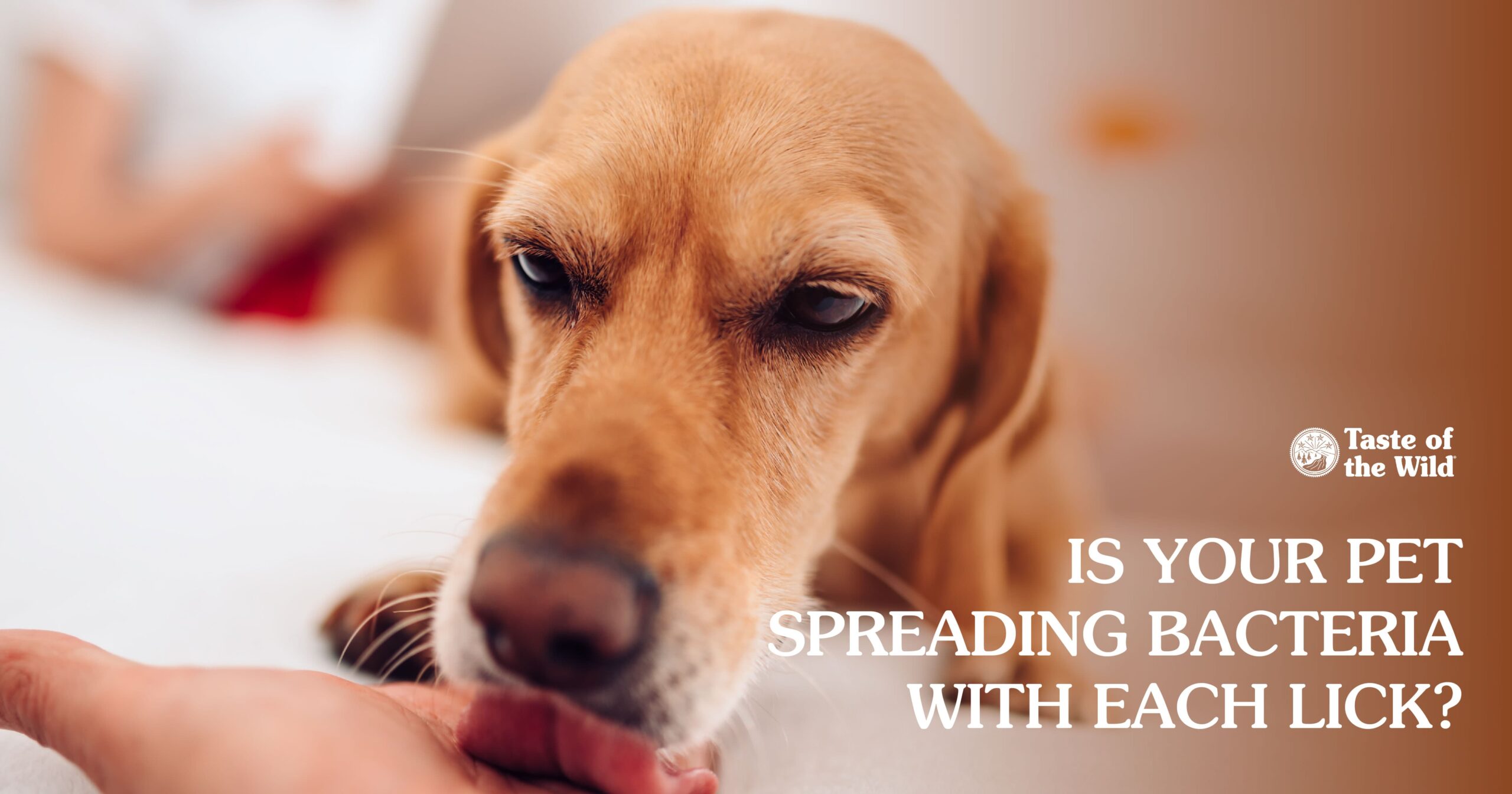Be Environmentally Friendly with Your Pet This Earth Day
Wednesday, April 21, 2021 | Grooming & Care

Last year, Americans spent an estimated $58 billion on pet food, treats, supplies, over-the-counter medicines and other items, according to the American Pet Products Association. Imagine how much of that could be channeled into greener, more sustainable alternatives, without much extra effort.
As part of Earth Day, we’ve compiled a list of ways you can make your dog or cat a more environmentally friendly pet:
Reduce pet food packaging — Consider buying food and treats in bulk. Of course, only buy what you can use before the expiration date and always store food in a cool, dry place. If possible, look for packaging that’s recyclable. If it isn’t, make the empty bag do double duty and use it for disposing of household trash.
Donate gently used pet items — If your pet just got an upgrade in bedding, leash, litter box, bowl or other item, consider donating the old gear that is still in good condition to your local shelter or rescue. Some organizations may also appreciate leftover pet food, as well as flea and tick medications that are still in their original packaging. Most can’t accept unused prescription medications, but you can always ask. (And be sure that any donation, from food to meds to toys, isn’t past its expiration date!)
Give linens a second life — Veterinary clinics and shelters are always in need of your old blankets and towels. Give them a good wash and drop them off so they can be put to good use.
Make your own pet toys — The single sock that’s lost its mate could be made into a great pet toy. Just take an empty water bottle, remove the cap, and slip it inside the sock. Dogs love the crinkly sound it makes when they chew on it. Or cut off the sock above the toe, fill it with catnip and sew it shut for a simple cat toy. It’s a great way to upcycle items that would otherwise end up in a landfill. Always be sure to run your homemade toys by your veterinarian; some materials are no-nos.
Search out recyclable or sustainably sourced pet products — Look for companies that are certified B corporations. This gives you the confidence that the things you buy are more likely to be made from recycled or natural materials. Consider leashes and collars made from materials such as hemp, soy, bamboo and cotton.
Choose kitty litter made from natural materials — You can find litter made of everything from wheat or corn to newspaper and wood shavings. Many of these materials are biodegradable, so they can be flushed down the toilet or disposed of in biodegradable bags.
Walk your pet instead of driving your car — The next time you need something from the corner store, consider leaving your car keys behind and taking a more sustainable walk. (Remember to bring biodegradable poop bags with you.) If possible, buy pet products locally, further reducing environmental hazards associated with transportation.
Repurpose your pet’s fur — Do you have a heavy shedder at home? You can have their fur spun into yarn, so you could knit a dog coat — out of your dog’s coat. Or make a point of brushing your pet outside and leaving the fur for birds and other wildlife to weave into a warm lining for their nests.
It’s always a good idea to consider your impact on the world. You include your pet in everything else, so why not here?
The information in this blog has been developed with our veterinarian and is designed to help educate pet parents. If you have questions or concerns about your pet’s health or nutrition, please talk with your veterinarian.




